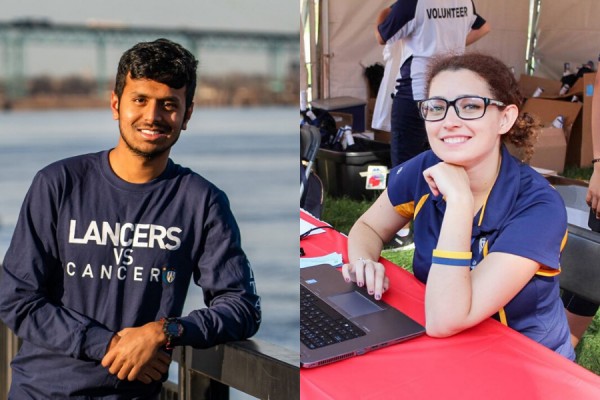
UWindsor researchers are trying to revolutionize the testing process for COVID-19 by developing a portable device that is quicker, cheaper, and more accurate than current laboratory tests.
Dubbed Lab-on-a-Chip, the device would allow healthcare workers to test and diagnose patients on the spot, said Jalal Ahamed, one of four UWindsor professors behind the research.
“Accurate, rapid, on-site, and point-of-care detection has paramount importance not only in Canada but also worldwide for early intervention and infection control,” Dr. Ahamed said.
“Development of such a device will be highly impactful in our fight against COVID-19.”
Currently, testing is performed in sophisticated laboratory settings. Patients are swabbed and the samples are sent away to labs, with the turnaround time for results usually measured in days. Lab-on-a-Chip devices could give results in minutes.
Ahamed, who is working on the project with fellow engineering professor Mitra Mirhassani, and chemistry professors Yufeng Tong and Simon Rondeau-Gagné, has been awarded a $50,000 grant from Canada’s Natural Sciences and Engineering Research Council. It is the third COVID-related project at UWindsor NSERC has funded at the maximum amount available under a special $15 million fund established to address the pandemic.




 From energy use to construction waste, there is a lot to consider when designing a building.
From energy use to construction waste, there is a lot to consider when designing a building.


